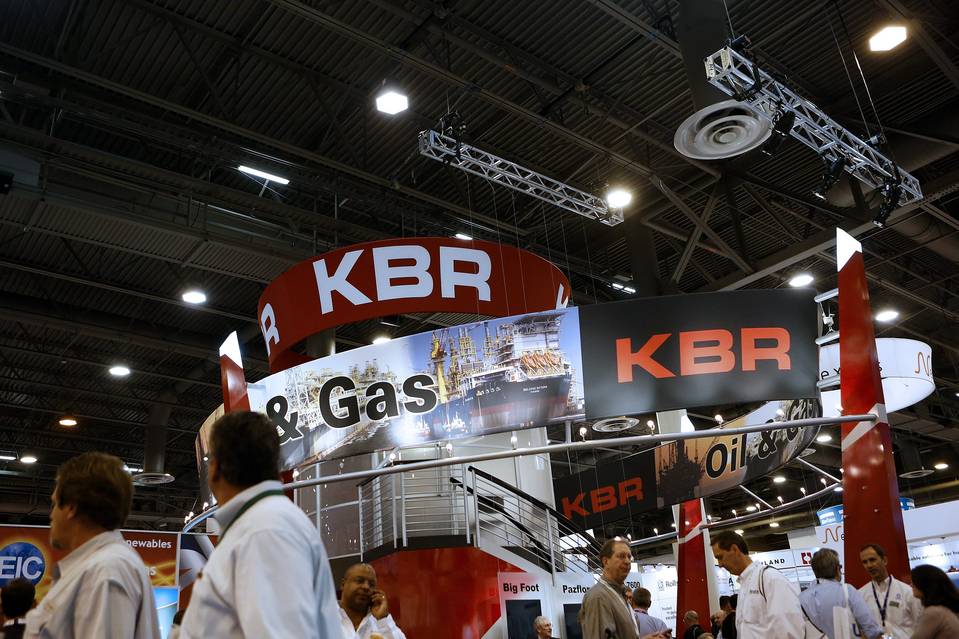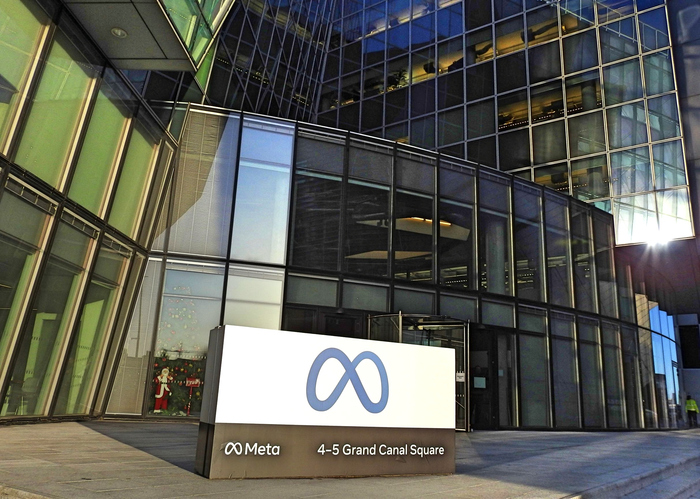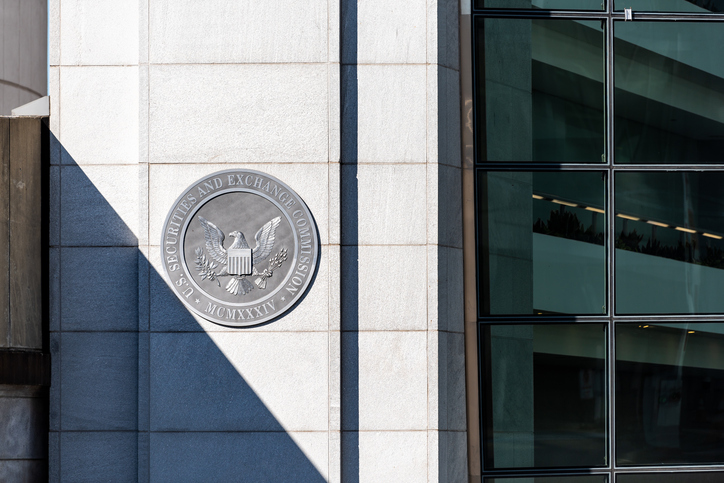Wall Street Journal: SEC Charges KBR With Violating Whistleblower Protection Rule


Houston-based KBR agreed to pay $130,000 to allegations that the company required witnesses in certain internal investigations to sign statements that could have kept them from reporting possible securities-law violations to authorities. PHOTO: AARON M. SPRECHER/BLOOMBERG NEWS
By Rachel Louise Ensign
The Securities and Exchange Commission gave a boost to corporate whistleblowers on Wednesday, reaching the first settlement with a company accused of muzzling tipsters through restrictive employment agreements.
Engineering and construction firm KBR Inc. agreed to settle the agency’s allegations that the company required witnesses in internal investigations to sign confidentiality statements that could have kept them from reporting possible securities-law violations to outside authorities.
The pact is expected to have broad ramifications in how other companies draft employment agreements.
The settlement, in which KBR agreed to pay $130,000, indicates the SEC’s broader probe into whether companies are stifling corporate whistleblowers is heating up. The agency has recently sent letters to several companies asking for years of nondisclosure agreements, employment contracts and other documents, The Wall Street Journal reported in February
On Wednesday, SEC Enforcement Director Andrew Ceresney said the agency has a number of ongoing investigations that involve companies silencing whistleblowers in violation of the agency’s rules.
“We will vigorously enforce this provision,” he said.
While lawyers say confidentiality and other employment agreements are essential tools for companies in sensitive situations, they also say these documents need to be drawn up carefully to comply with regulations—especially in light of the SEC’s new enforcement push.
There are increasingly big dollars at stake for tipsters, as prosecutors and regulators are dangling ever-larger amounts in hopes of uncovering bad behavior. The SEC in September announced that an unidentified informer would collect more than $30 million, more than twice as much as the agency’s previous high award.
In December, three individuals and a small New Jersey mortgage company split more than $170 million for their roles in helping investigators get a record $16.65 billion penalty against Bank of America Corp. The award was among the biggest whistleblower payouts.
As part of the settlement, Houston-based KBR didn’t admit or deny wrongdoing. It has since amended confidentiality agreements by adding language that makes it clear that employees are free to report to the SEC, the agency said.
“The SEC’s order acknowledges that it is not aware of KBR having ever prevented anyone from reporting to the SEC nor has the company taken any action to enforce the agreement and that is because we have never done so,” KBR Chief Executive Stuart Bradie said in a statement.
The SEC probe into KBR’s agreements began after lawyer Stephen M. Kohn told the agency about them, he said. Mr. Kohn said he is representing a former KBR employee in a whistleblower lawsuit that is pending related to KBR’s government contracting work in Iraq. KBR has denied the allegations and is fighting the lawsuit in court.
Mr. Kohn, executive director of the National Whistleblowers Center, an advocacy group, said he has submitted other examples of agreements to the agency and hopes to get payouts for his clients for turning them over.
Mr. Ceresney declined to comment on the origins of the case.
The SEC has made a push to bring more whistleblower cases since the 2010 passage of the Dodd-Frank law, which created the agency’s whistleblower program.
As part of the program, tipsters can get between 10% and 30% of the sum of penalties collected if their information leads to an SEC enforcement action with sanctions of more than $1 million.
Agency officials have said they are doing more than just handing out bounties and have taken steps to police the way companies treat internal whistleblowers. Dodd-Frank whistleblower regulations prohibit companies from interfering with employees reporting potential securities-law violations to the agency.
“The important message from this case is that all companies that are using confidentiality agreements need to review those documents to ensure they don’t contain language that runs afoul of the rule,” Mr. Ceresney said.
Several lawyers said the action is likely to force companies to make changes.
Gregory Keating, who represents companies as co-chairman of the whistleblowing and retaliation practice group at law firm Littler Mendelson PC, said he would advise companies to tweak their employment agreements using similar language to what KBR used in its revisions.
“This will go a long way toward curbing this abusive practice of employers trying to gag their employees in communicating with the SEC. This is a problem that’s pervasive,” said David Marshall, a partner at Katz, Marshall & Banks LLP who represents whistleblowers.
According to the SEC, KBR required witnesses in certain internal investigations to sign confidentiality statements with language warning they could face discipline, including termination, if they discussed the matters with outside parties without the prior company approval.
The SEC said there were no apparent instances in which KBR actually prevented employees from communicating with the agency, but instead that a “blanket prohibition” on discussing internal investigations with outsiders has a “a potential chilling effect on whistleblowers’ willingness to report illegal conduct to the SEC.” KBR’s use of such agreements has been scrutinized by congressional Democrats as well.




